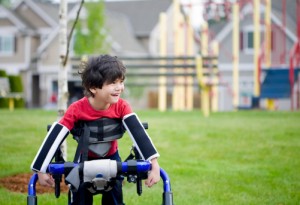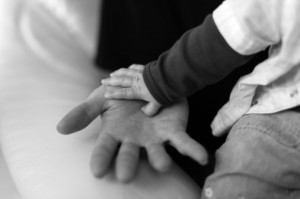 Every person wishes they were in the situation where they could care for their parent when it is needed, but the truth is that most people just don’t have the time or the resources to do so. Because of this there is a large industry that caters toward caring for elderly patients who need constant observation or have pressing medical needs. Wherever there is a large industry in a certain field there will be people who pop up to exploit it, not caring for their paying clients and working only to make a quick buck. If you’re not careful, you may accidentally leave your loved one in the care of somebody who will exploit, mistreat or physically injure them. But how can you tell if your loved one is the victim of nursing home abuse? Here are some common symptoms.
Every person wishes they were in the situation where they could care for their parent when it is needed, but the truth is that most people just don’t have the time or the resources to do so. Because of this there is a large industry that caters toward caring for elderly patients who need constant observation or have pressing medical needs. Wherever there is a large industry in a certain field there will be people who pop up to exploit it, not caring for their paying clients and working only to make a quick buck. If you’re not careful, you may accidentally leave your loved one in the care of somebody who will exploit, mistreat or physically injure them. But how can you tell if your loved one is the victim of nursing home abuse? Here are some common symptoms.
Signs of Physical Abuse on an Elderly Patient
Anybody who has been around an elderly family member knows that sometimes they don’t want to be a bother, so they keep their lips shut about things they should discuss. This is true with nursing home abuse as well, especially when there is a lingering threat from the guilty party. Physical abuse can sometimes be easy to spot. Most symptoms will appear on the arms or legs, the areas where they will be grabbed or thrown from. Look for bruises, cuts, and scrapes, and keep an eye on whether or not they choose to wear long sleeved shirts whenever you visit. This can be a sign that they are trying to cover up the nursing home abuse. Even if you suspect there might be abuse, but do not have proof you can still ask for help confidentially.
Signs of Neglect to an Elderly Patient
What’s even worse than physical abuse is nursing home neglect. Elderly patients need constant care and even the tiniest of slip-ups could lead to a serious medical issue. Look for bedsores – they are signs that your loved one is spending too much time in their bed. Bedsores may indicate that nursing home staff members are not checking in on patients regularly. Dehydration and malnutrition are two major forms of nursing home neglect. If your loved one is always thirsty when you visit or seems very lethargic or pale then it may mean that they are not receiving proper meals.
Why is This Treatment Common in Nursing Homes?
Nursing home employees tend to be divided into two different categories of people: workers who have decided to dedicate their lives to this field and educated themselves, and uneducated people who needed any job they could get and took one at a nursing home. The former group tends to be higher paid and find work at more expensive nursing homes, while cheaper nursing homes in lower income areas don’t try as hard to find competent employees. This leads to a hiring process that is less than adequate, which is why it’s very important to do proper research before making the decision to put your loved one in a care facility or nursing home.
Nursing home abuse and neglect is a very difficult subject to discuss with a loved one. Many elderly people become embarrassed because they can’t physically defend themselves. This feeling of hopelessness is one major reason these forms of attacks are not reported. Bring up the topic carefully but let them know to be honest with you. Nursing home abuse and neglect needs to be reported so that the guilty parties can be punished.
If you suspect your loved one is being abused or neglected, report it immediately and seek the help of an experience legal professional. Mariano Morales Law is composed of a team of nursing home abuse and neglect lawyers located in Yakima, Washington. For more information about the abuse and neglect of elders, visit the website at www.MarianoMoralesLaw.com.






